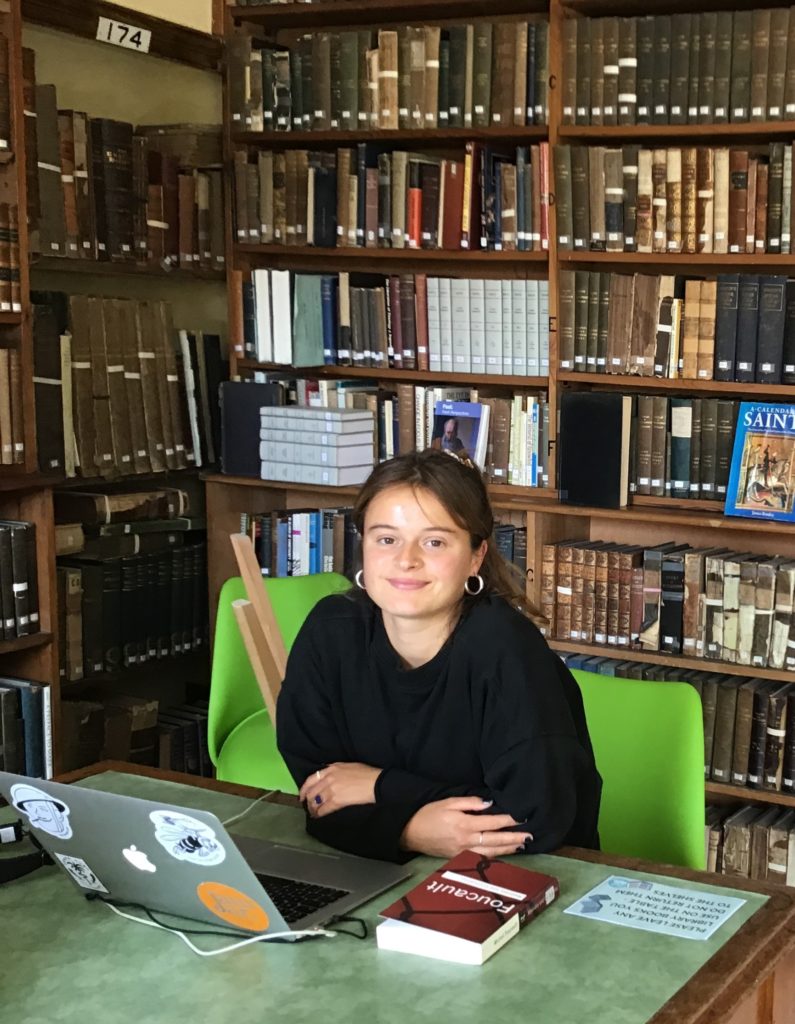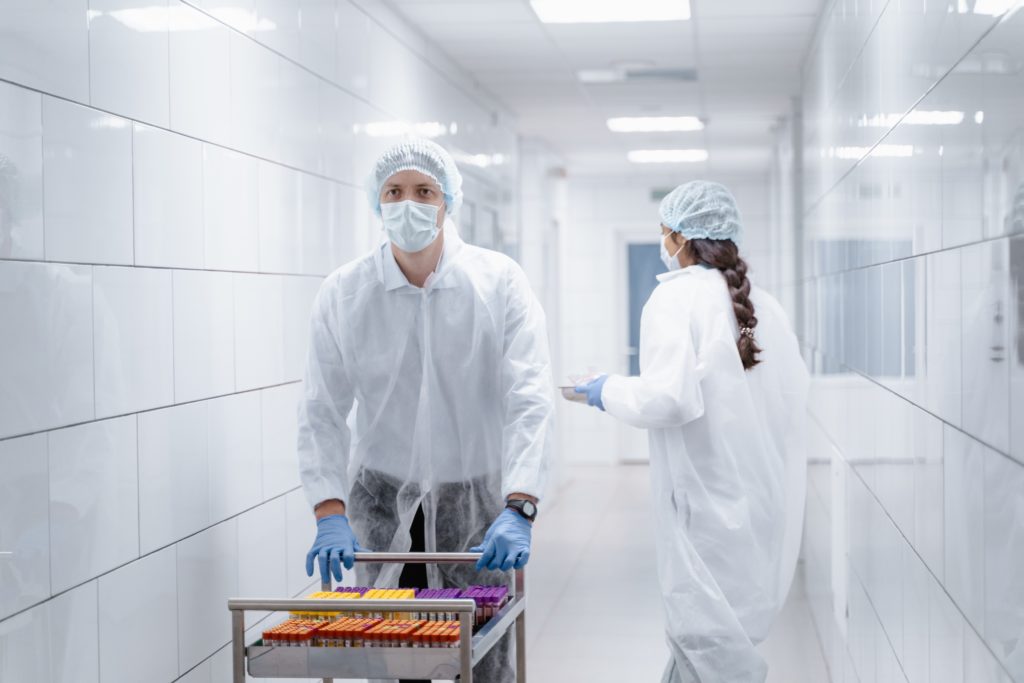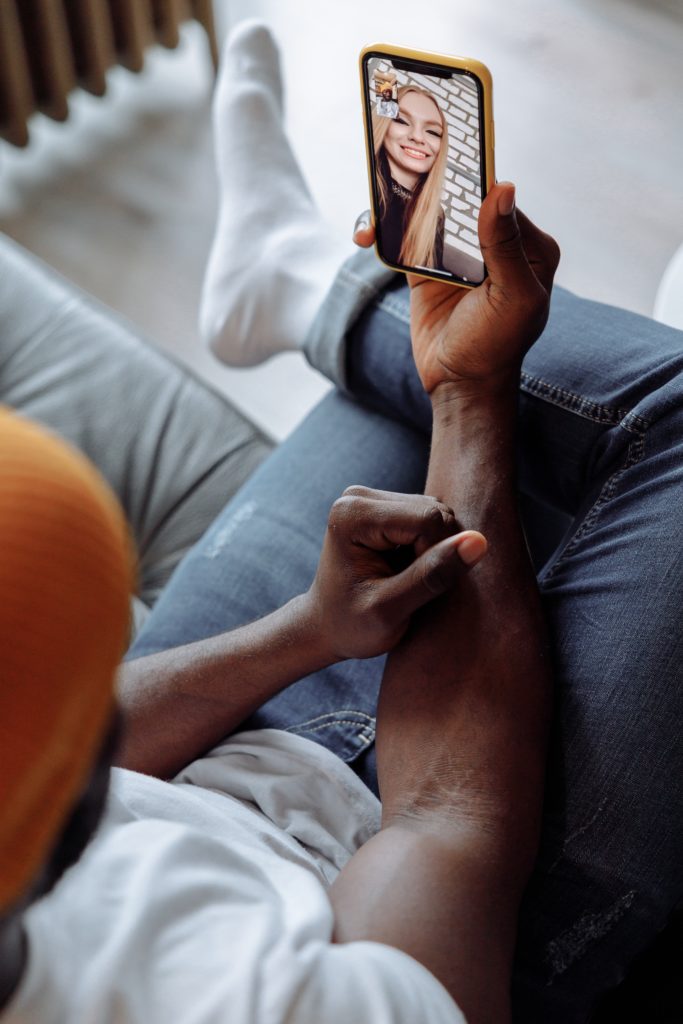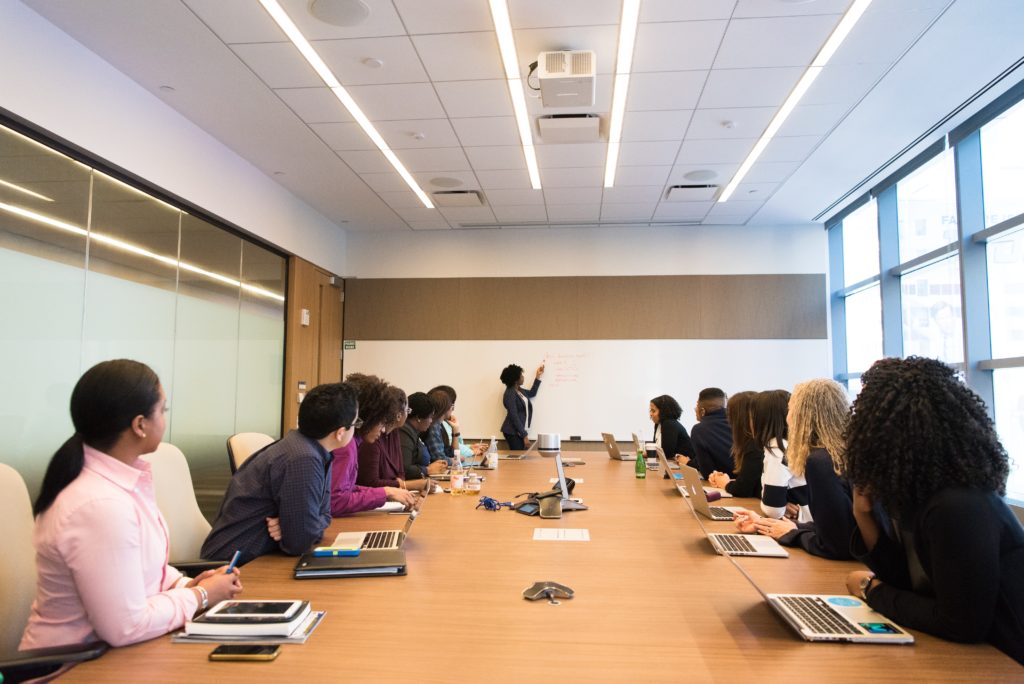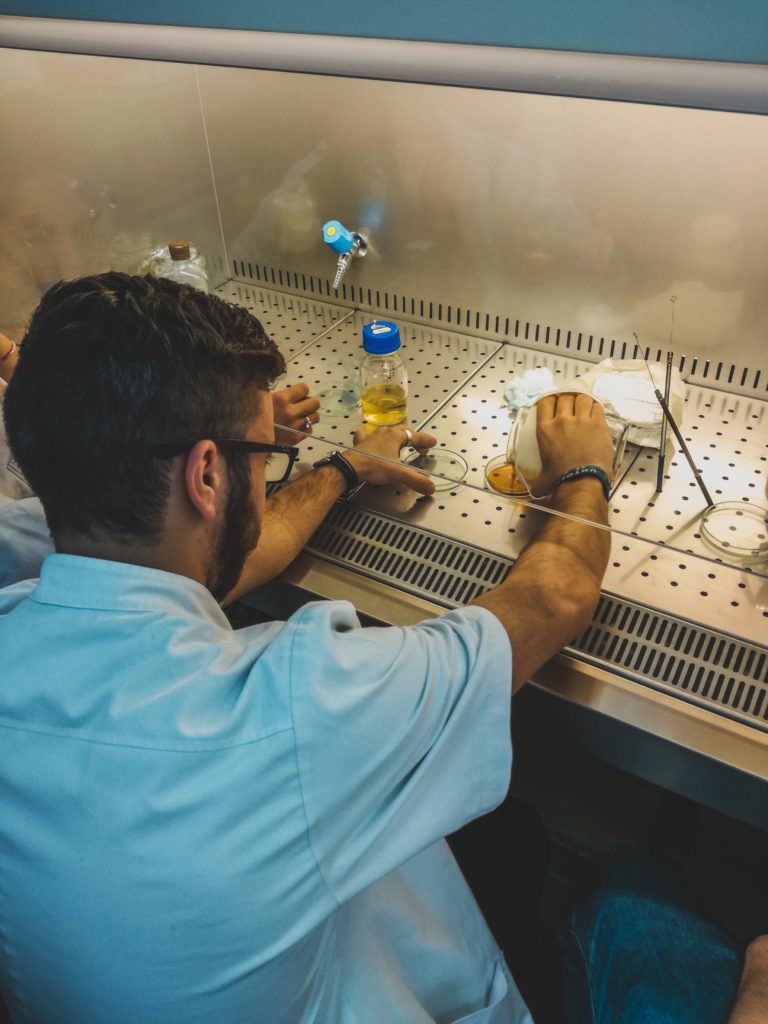
Name of Student: Mel Watt
Degree Subject: BA History with Study Abroad
Job Title: Sustainability Manager
Company Name: SwapNation (formerly known as The Dress Change)
Description of Company: We are the UK’s first Peer to Peer Exchange Platform! We make sustainable fashion affordable for women in the UK, by creating an online space to exchange clothing, shoes and accessories with each other. We provide rewards for our members in the form of events, discounts and goodies from local small sustainable companies. Exchanging fashion means we are both saving money and helping the environment, by reducing the amount that ends up in landfill.
Type of Internship: Access to Internships (A2I)
What were your key duties and responsibilities during your internship?
My overall role was to enhance SwapNation’s sustainability policies and messaging by: 1) Producing creative outputs including website copy, blog posts, Instagram posts, TikTok videos, and co-ordinating social media campaigns 2) Reviewing SwapNation’s sustainability policies and making recommendations for improvement 3) Sending out a press release and securing press coverage 4) Helping co-organise and host the SwapNation studio – the UK’s first permanent swap shop – and launch event with influencers and journalists 5) Conducting research on the circular fashion industry and our main competitors
What outputs and outcomes did you deliver for your employer?
I delivered many outputs including:
1) Writing a website page on sustainability so SwapNation can enhance its USP
2) Creating multiple blog posts and social media content to enhance awareness and click-throughs to our service
3) Planning #Swaptober, a social media campaign and pledge that will heighten public awareness and willingness to swap
4) Successfully distributing a press release which has garnered press interest and secured coverage in an online newsletter and publication
5) Networking with influencers, journalists and businesses to secure future collaboration and coverage
6) Creating an industry research report to help us better understand how to target our chosen demographic
What was your biggest achievement on your internship?
I was tasked with boosting the visibility of SwapNation which I achieved through a range of social media outputs, press coverage and our launch event. I curated the guest list for our opening event which included high-profile fashion and sustainability influencers and journalists. The event was a huge success, generating both press and influencer coverage and greatly bolstering our traffic. It was a worthwhile networking event and one that has seen a rise of visitors to our studio.
What did not go so well on your internship? How did you overcome any challenges?
Myself and the SwapNation team were interviewed for a BBC News segment which showcased the opening of the UK’s first swap studio. However, I was really unhappy with the way it was edited because it made me appear somewhat inarticulate and unable to calculate numbers in my head. I felt embarrassed that I had been misrepresented on national television, but showed resilience in making light of the situation and appreciating that the feature had greatly boosted SwapNation’s traffic regardless.
Skills Learnt:
- Organisation
- Customer Service
- Teamwork and Collaboration
- Leadership
- Strategic Planning
Attributes Developed:
- Logical thinking
- Initiative
- Commercial Awareness
- Creative thinking
- Work Ethic
Your message to other students considering a similar job role, organisation or sector?
“As Sustainability Manager at SwapNation – the UK’s first peer-to-peer exchange platform and swap studio – I enhanced the company’s sustainability policies and messaging. I achieved this by researching and creating a variety of outputs including social media content, website copy and blog posts, as well as co-organising an influencer event and securing press coverage. Combined, my work demonstrated the sustainable benefits of clothes swapping, enhanced consumer awareness around swapping and platformed swapping as your guilt-free alternative to shopping, in store and online.”

